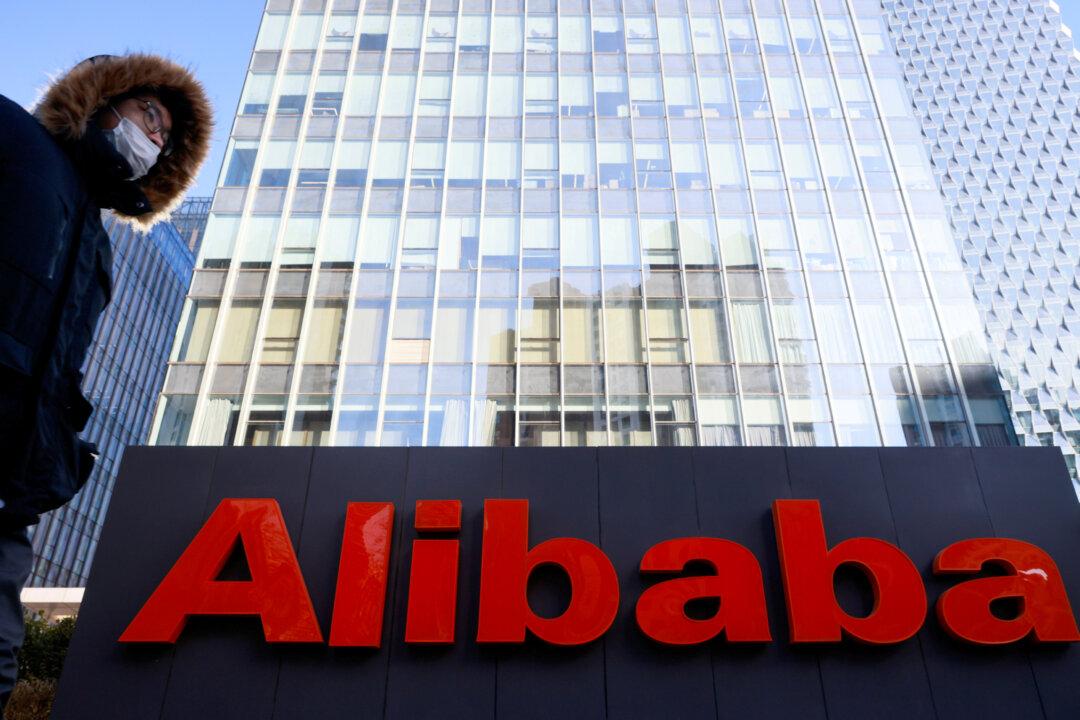Commentary
People in China, especially rich ones, are about to learn a new history and an element of communism the older generations had forgotten and the younger ones never knew.

People in China, especially rich ones, are about to learn a new history and an element of communism the older generations had forgotten and the younger ones never knew.